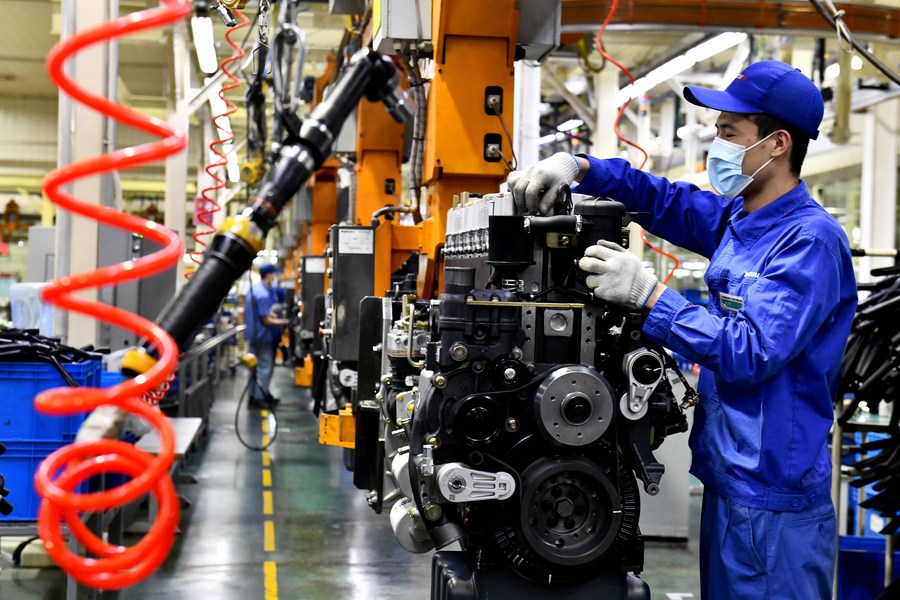China’s Role in the World

Globalization is an irreversible trend. The question in today’s world is not whether globalization can be revoked but whether the process ought to be more balanced and fairer.
It has been five years since China called for global solidarity at the World Economic Forum (WEF) in Davos in 2017. In a period defined by uncertain international affairs, China strives to shape developments in a manner that reflects its philosophy. The ongoing disorder caused by the continuation of the COVID-19 pandemic has impacted public health around the world. While international cooperation has allowed some progress in defeating the invisible enemy, the immunization gap remains a serious problem, and many citizens in the developing world do not enjoy access to vaccines.
The Chinese government is therefore keen to continue helping countries, especially those in Africa and Asia, to boost their vaccination programs. As the virus respects no borders, exit from the pandemic cannot be expected without synergy at the global level. The identification of the Omicron variant last November outlined the fragility of the situation. New COVID-19 cases have the capacity to cause new hospitalizations and deaths, while new infections influence public and private services and jeopardize recovery.
At the same time, the economic consequences of the pandemic are being felt by ordinary people across the globe. Bottlenecks in the global industrial supply chain, the energy crisis, and higher inflation add to existing difficulties. These issues can hardly be solved without harmonious coordination among world players in organizations and fora such as G20 and the Regional Comprehensive Economic Partnership. Beijing envisages a new egalitarianism where widening inequalities will be addressed. The proposal for a Global Development Initiative is placed in this context. China’s national economy grew by over 8% last year, making its contribution to global growth catalytic. This is also the case for Chinese exports and imports, which surged by 29.9% and 30.1% in 2021, respectively.

China, however, looks beyond quantity to quality. Its technological achievements, for instance, play a role in the implementation of the UN Sustainable Development Goals both domestically and beyond its borders. This is how new drivers for growth might be found and implemented in response to food insecurity, environmental pollution, illiteracy, and citizens’ demands for better living conditions. Against this backdrop, the Chinese market is open to foreign investors who are looking for win-win results in line with the qualitative development Beijing steadily pursues.
The world is not safer than five years ago. It is the responsibility of world leaders to recognize the transnational nature of these challenges and join hands in spite of existing differences. This is a message that China frequently reiterates. The need for international cooperation is urgent not only because of the pandemic but in view of admirable technological progress. Humanity has entered a dangerous period where it could arguably be taken hostage by its own accomplishments. Evolving as a technological leader, China has also started to join the political and intellectual debate about the anthropomorphic and critically important dimensions of artificial intelligence and machine learning. Beijing’s participation in making technical arrangements with other countries – preferably at the UN level – to a point where co-existence can be secured is more necessary than ever.
Globalization is an irreversible trend. The question in today’s world is not whether globalization can be revoked but whether the process ought to be more balanced and fairer. Insightfulness leads to decisions that are not myopic but have a long-term impact. China is confident that it is working hard to forge a common destiny for humanity.
 Facebook
Facebook
 Twitter
Twitter
 Linkedin
Linkedin
 Google +
Google +










